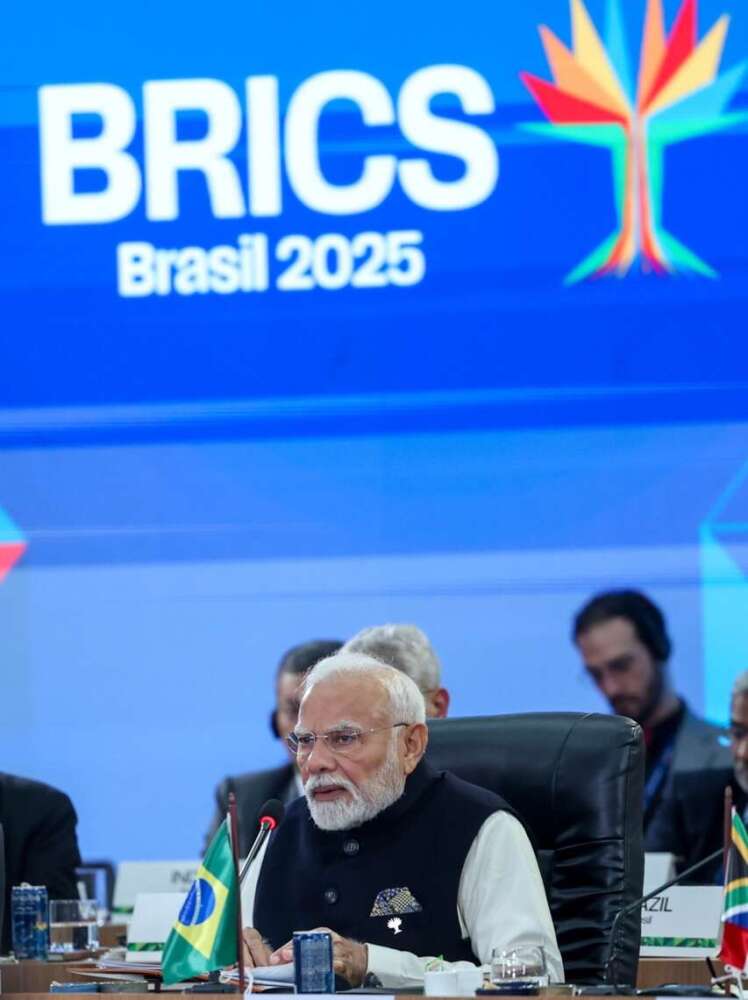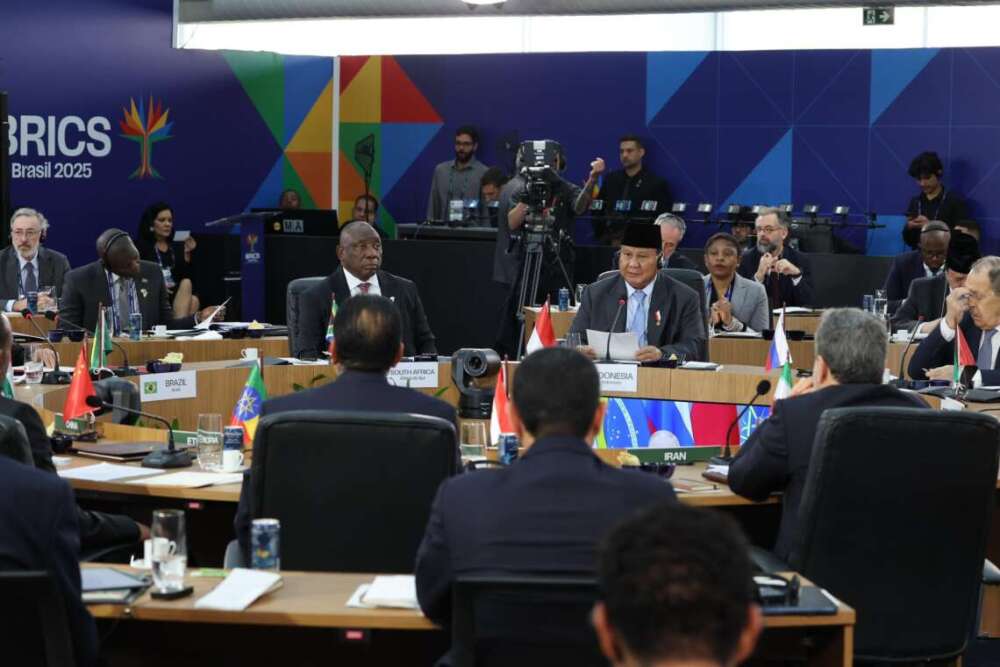According to the central bank’s annual report, the UAE economic recovery is gaining steady momentum, as a result of the early and strong response to the various challenges, reports Asian Lite Newsdesk
The UAE’s economy has begun to flourish again as a result of the country’s success in containing the health and economic impacts of the pandemic, the Central Bank of the United Arab Emirates (CBUAE) said.
In its annual report for 2021, the central bank said that UAE’s real GDP growth jumped to 3.8 per cent in 2021, while the non-oil GDP growth rose to 5.3 per cent.
For 2022, the Central Bank revised its projections to 5.4 per cent of overall real GDP growth, with the non-oil real GDP expected to increase by 4.3 per cent, owing to sustained public spending, a positive outlook for credit growth, higher employment and better business sentiment, in addition to the positive spillover from the Fifa World Cup 2022 in Qatar.
Through the annual report, the CBUAE expressed its pride in its vital role in promoting the country efforts to contain the financial and economic challenges caused by the Covid-19 pandemic by applying a policy-based approach in the banking and insurance sectors, which are under its supervision.
Meanwhile, the outlooks also show that the current account surplus in the balance of payments increased from AED 77.5 billion in 2020 to AED 176.2 billion in 2021, as a result of the increase in oil and non-oil exports, in addition to a rise in the surplus in the balance of services.
“The resilience characterising the UAE’s banking and insurance sectors played a prominent role in defining a benchmark for dealing effectively with future crises, without compromising the principles of sound risk management,” Shaikh Mansour Bin Zayed Al Nahyan, Deputy Prime Minister and Minister of Presidential Affairs, and chairman of the board of directors of the UAE Central Bank, said.
Central Bank Governor Khalid Mohammad Balama said the UAE’s banking system is well capitalised to support the country’s growth agenda.
The banking system in the UAE continued to enjoy a good level of capitalisation and liquidity. Equity, liquid assets and other indicators reflect the improvement of liquidity conditions in the market.
These results support CBUAE’s outlook, which indicates that the UAE economic recovery is gaining steady momentum, as a result of the early and strong response to the various challenges and their repercussions, the supportive macroeconomic policies.
The report outlines its key achievements in 2021, which are represented in several main areas, including follow-up to the implementation of the Targeted Economic Support Scheme (TESS), strengthening anti money laundering and combatting the financing of terrorism efforts, measures taken to enhance the flexibility of the financial system in the UAE, as well as measures to ensure the supervisory and monitoring performance of the banking and insurance sectors.
In addition to the new tools for managing the UAE monetary market, green and sustainable finance programmes, digital transformation projects, strengthening of the payment systems and the financial technology sector, and readiness to face cyber threats, operational risks and other risks.
The report highlights measures taken by the CBUAE to help affected companies and individuals in the UAE by the decrease in demand and the increase in costs, as a part of the TESS, which was rebalanced in 2021. These recovery measures will replace other designed measures to ease pressures on retail, corporate and banks.
ALSO READ: UAE, Kyrgyzstan establishing new era of economic ties: Al Marri
As a financial regulator, the CBUAE also introduced a range of internal measures and processes to promote national monetary and financial stability, ensure access to liquidity, and deliver a prudent risk-based supervision framework in the financial sector, it said.
It also conducted stress testing to examine the ability of the UAE’s banks to overcome future economic changes, it added.
In the field of anti-money Laundering and combatting the financing of terrorism, the report focuses on the efforts made by the CBUAE at various levels, most notably its contribution to national initiatives, improved supervisory tools to monitor the degree and level of risks, issuance of regulations and guidelines in various sectors, training programmes and national and international cooperation, including the International Financial Action Task Force (FATF).














